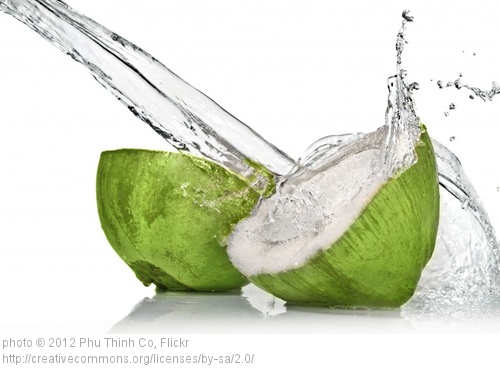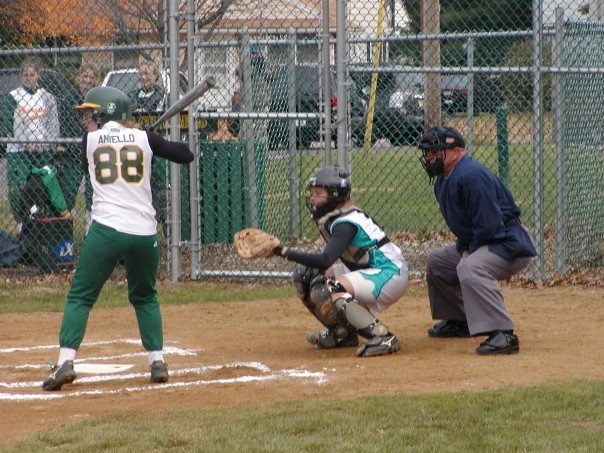Over the past few weeks I’ve begun participating in discussions on the message board DiscussFastpitch.com, which is a general gathering place for players, parents, coaches, and enthusiasts of fastpitch softball. One of the topics that came up recently was the difference in a specific young pitcher’s performance in games and team practices versus lessons with her pitching coach. In the latter, she had been quite good, while in the former situations she had been struggling, with a noticeable change in her mechanics. This is something that affects a huge number of pitchers, so I thought it was important to write about it. Nerves can certainly affect a pitcher’s performance, and different people have nervous reactions to a wide variety of different stimuli. But sometimes a pitcher might not even feel any anxiety or sense of pressure whatsoever, and yet she still sees changes in her performance when a batter steps into the box. Today I’d like to share some suggestions for how to deal with this situation.
Read More

